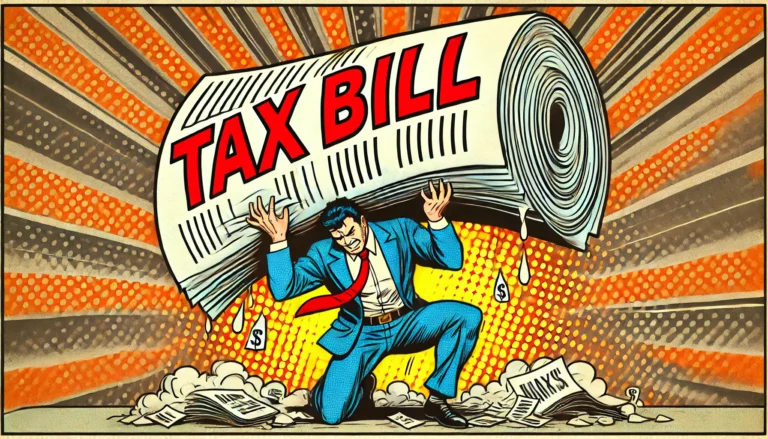If you’ve recently launched a small business, congratulations! But be warned: there are some malicious actors out there ready to exploit your unfamiliarity with certain legal and administrative aspects of running a business. In this post, we’ll go over some of the most common scams targeting new entrepreneurs like you.
The Dubious Duo: Labor Law Poster Scams
Picture this: You receive a formal-looking letter in the mail about “labor law compliance,” threatening fines in excess of $7,000. Before you rush to fill out the paperwork, stop and think. If you’re a solopreneur, you’re not required to display labor law notices. Even if you have employees, you can download and print these posters for free directly from your state’s Department of Labor website. So, why pay upwards of $94 for something you could print at home?
There are genuinely helpful (and much more affordable) solutions that will help you assess which posters and notifications you need for your specific state and business situation, and then send you updated versions of the required documentation anytime there’s a change. But you know what these companies don’t do? Send you scary spam mail.
The Certificate of Good Standing: Another Overpriced Piece of Paper
Ever heard of a “Certificate of Good Standing”? You might receive a letter claiming that you need this document, usually at a ridiculous price. In most cases, you don’t need it. If you do, get one directly from your state for much less than what these scammers charge.
Domain Networks: A Big Nothingburger with a Side of Lies
As a small business owner, your website is your digital storefront. Scammers know this and prey on your fear of losing your domain. They send confusing letters, often charging $289 for what is essentially a $12 service. Don’t fall for it. Always purchase and renew your domain through a reputable provider, like Namecheap (affiliate link that will help support the blog!).
In the case of Domain Networks, however, these scammers don’t even sell domain names. Rather, they are offering you the “benefit” of having your website listed on a worthless online directory. Actually, it’s probably worse than worthless, because having links from scammy and low-reputation sites can negatively impact your website’s SEO.
Trademark Registration: Expensive and Unnecessary Listings
So, you’ve registered a trademark for your brand. Great! Just don’t get roped into paying $1,420 for a “listing” on another bogus database. I received a very unconvincing scam letter from “WTP” that used some information that was likely scraped from my public trademark filing record.
Unfortunately, while I wasn’t fooled, there must be a few poor souls out there who have been swindled by these scammers (or else they wouldn’t bother paying for printing and postage). Play it safe, and only do business directly with the US Patent and Trademark Office, with your lawyer, or other service provider who is helping you with your trademark registration.
Red Flags to Watch Out For
All these scams have some common traits:
- They look like bills.
- They have due dates.
- They create a sense of urgency.
If you ever get such a letter, do your due diligence. Read the fine print, search online, and always consult a trusted source before taking any action.
Stay safe out there!


